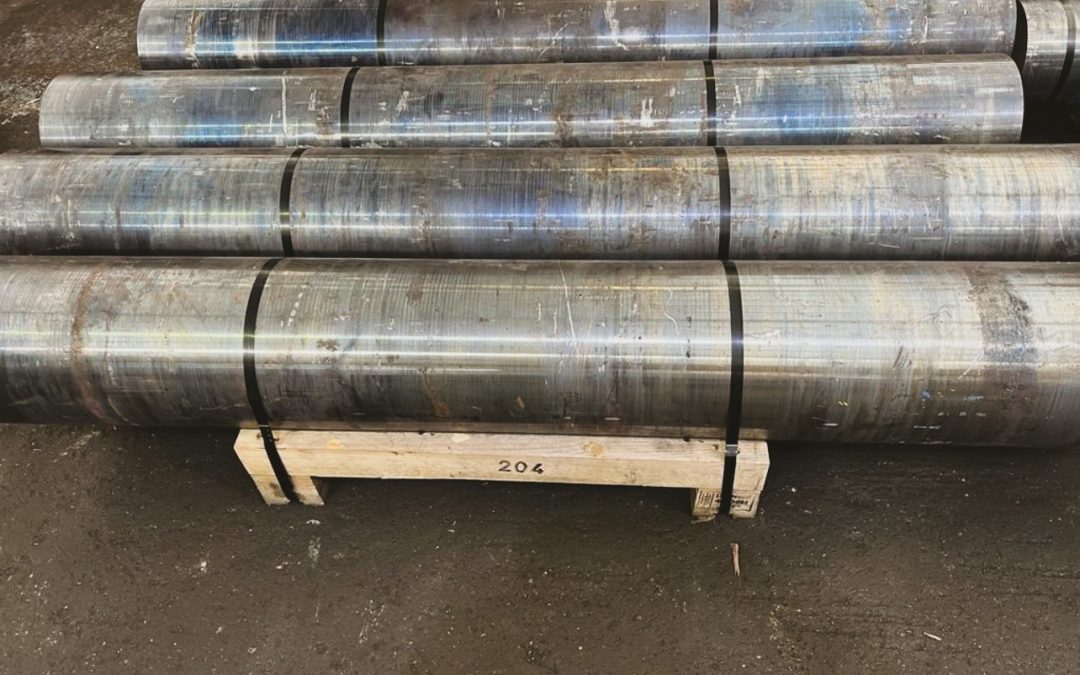Why Grade F51 Stainless Steel is Vital for Scotland’s Marine Engineering Projects
Scotland’s extensive coastline and rich marine world make it one of the best places for the marine industry and other activities. In these industries, stainless steel is used intensively. From offshore wind farms to underwater pipes, the Grade F51 Scotland is an unsung hero. If you are wondering about the reasons behind its wide use, its composition is the reason.
What is Grade F51 Stainless Steel?
Grade F51 is a duplex stainless steel. They are a mixture of austenitic and ferritic stainless steel. It is also commonly known as UNS S31803 or Duplex 2205. The unique combination of the metal offers an excellent balance of high strength and superior corrosion resistance. The cherry on top is that, due to its unique combination, the metal is highly corrosion-resistant and perfectly suitable for marine environments.
Why is Grade F51 Stainless Steel Perfect for the Marine Industry?
High Corrosion-Resistant Nature
Grade F51 stainless steel is renowned for its exceptional resistance to chloride corrosion in various weather conditions, particularly against pitting and crevice corrosion. This type of corrosion is common in saltwater environments.
Durability Against Depreciation
Stainless steel is not only resistant to the external threats of the maritime world, but it is also resistant to internal corrosion. It also maintains its structural integrity throughout years of service. It can withstand harsh weather elements for an extended period, resulting in lower depreciation and fewer other issues.
Cost Efficient
Many business owners tend to avoid Grade F51 due to its higher upfront costs; however, if you are also taking a step back for this reason, it’s not entirely right. Grade F51 indeed has a higher upfront cost, but it serves for years. The lower corrosion rate and depreciation help keep it intact for years, making it one of the most cost-effective investments ever.
Flexibility and Adaptability
Flexibility is a must-have feature in the marine industry. The Grade F51 stainless steel is highly flexible and can be customised in any shape or feature according to the project’s needs. Additionally, it can be repaired on-site, reducing operational complexity.
The Role of Grade F51 in the Offshore Platforms
Maintaining Integrity
Offshore platforms face extremely aggressive marine environments. Every element, from crashing waves to corrosive sea air, conspires to weaken the platform’s structure. The corrosion resistance capability of Grade F51 helps maintain the integrity of the structure and ensure operational safety.
Flawless Offshore Operations
Maintaining flawless options largely depends on the material used for the components. From drilling equipment to pipes carrying extracted resources, stainless steel enables offshore platforms to fulfil their purpose. It anchors us firmly in the quest to exploit the potential of the sea.
What Makes the Grade F51 Perfect for Scotland’s Marine Environment?
Scotland’s marine environment is one of the harshest in all of Europe. High salinity, strong currents, freezing temperatures, and constant exposure to water and air make it difficult for metals. These factors contribute to corrosion, fatigue, and material degradation.
Traditional carbon steel develops pitting corrosion in this environment within a few months or years, leading to cracks, wear, and tears. These cracks or corrosion pose structural challenges and increase the risk of accidents.
However, the Grade F51 Scotland can tolerate these weather agents and performs well.
In the broader marine industry, Grade F51 is more than just a material; it is a boon that ensures safety and security. Its features and benefits offer an unmatched package of performance, longevity and reliability.
Are you looking for a reliable vendor for Grade F51? Contact us. At Lolu Alloys, we take pride in offering high-quality stainless steel and ensuring the optimal safety for our clients.
Contact us to place an order for Grade F51 stainless steel now.


Recent Comments